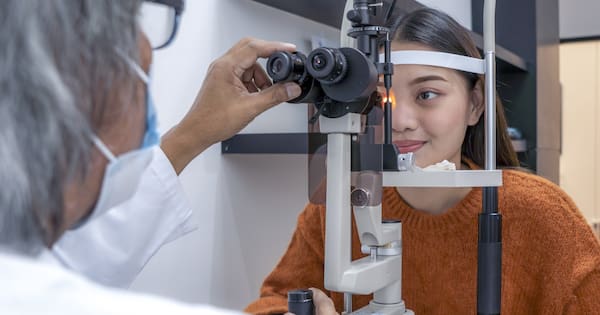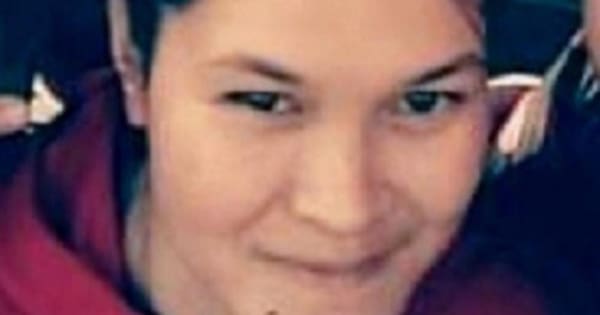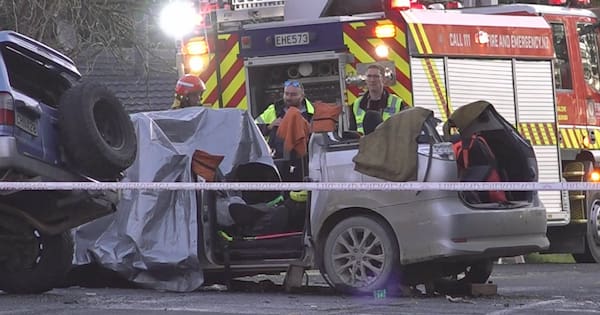Four South Korean skiers died after being thrown around inside their vehicle following a head-on crash in South Canterbury last year.
It has led a coroner to issue a plea: “always wear your seatbelt”.
Bum-Hee Cho, 23, Junwoo Park, 20, and Sangseo Kim, 16, died instantly in the head-on collision just outside Geraldine in August 2024.
Hyunseo Han, 17, survived initially but suffered serious injuries and died later in hospital, in December.
Cameron McDonald, a 24-year-old Wānaka resident, was driving the other car – a 1996 Toyota Surf – and was injured but not fatally.
In her findings released today, Coroner Mary-Anne Borrowdale said it was clear the young South Korean men’s injuries were made considerably worse because they were not wearing seatbelts.
They were in New Zealand for 50 days as part of a larger group taking part in ski training and the Winter Games.
They had arrived in mid-July and had skied on several South Island ski fields.
On 21 August last year, Bum-Hee Cho was driving with the three passengers in a 2016 Toyota Estima people-carrier.
The morning’s headlines in 90 seconds, including the legal fight to get a New Zealand woman and her child out of US immigration detention, sliding house prices, and Taylor Swift’s big reveal. (Source: 1News)
Cho had been hired as an assistant coach.
The group was travelling in a convoy with three other vehicles headed towards Methven, after skiing at Mt Dobson.
The crash happened about 600 metres south of Geraldine on a curved stretch of State Highway 79.
After the crash, the driver of one of the other cars in the convoy said McDonald’s Surf had crossed the centreline and caused the crash.
However, the Serious Crash Unit found this was not the case.
An investigation conducted by Senior Constable Paul Beaver found the skiers’ vehicle crossed the centreline and crashed into McDonald’s Surf.
It might have appeared, to the other vehicles in the convoy, as if the Surf had crossed the centreline due to the curve of the road, Beaver said.
The coroner addressed concerns raised by the bereaved families about no attempt being made to medically rescue their sons, and that an opportunity to save their lives might have been lost.
Borrowdale also said the families had been saddened by the fact the three young men’s bodies had not been removed from the crushed vehicle earlier.
The rescue records showed emergency services were clearly on-scene quickly but for Cho, Park and Kim it was tragically too late, she said.
When emergency services arrived, the three young men were clearly dead, and they were not able to be removed from the crushed vehicle without the use of machinery, Borrowdale said.
“In my assessment, the response by emergency services was timely and professional, and quite properly prioritised the care of the two vehicle occupants who were injured but alive.”
A surviving member of the South Korean group commented they had all found the roads very narrow, so they hugged the centreline.
That could have been a reason why Cho drove the Estima over the centreline and into the oncoming traffic, Borrowdale said.
Cho’s driving might also have been affected by a lack of concentration caused by fatigue or something else, she said.
Cho had received a speeding ticket the day before the crash and had told the police officer who pulled him over he was speeding because he was not concentrating.
Borrowdale said it was clear from the evidence from pathologists and the crash analyst the young men’s injuries were made considerably worse because they were not wearing seatbelts.
“Additional evidence to that effect is supplied by the other motorist that they struck in this head-on crash: he was wearing a seatbelt and was restrained within the cab of his vehicle. He was injured, but not fatally injured,” she said.
“I wish to reinforce the message to motorists: always wear your seatbelt. Whether you are the driver or passenger – seatbelts save lives, as the old campaign said.”
rnz.co.nz









